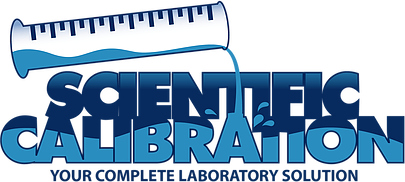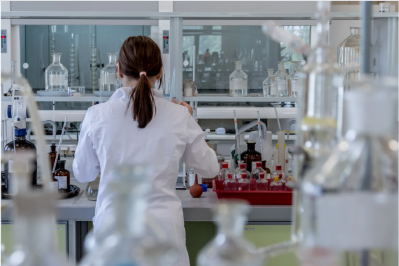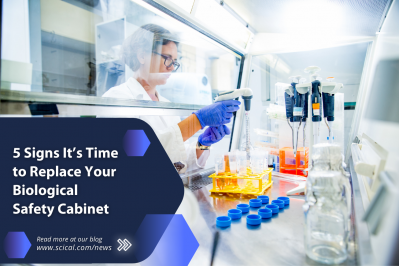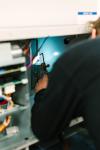The Crucial Role of Regular Calibration for Laboratory Equipment
In the dynamic world of laboratory science, precision and accuracy are non-negotiable. Every experiment, analysis, and result hinges upon the reliability of laboratory equipment. At Scientific Calibration, we understand that regular calibration is not just a best practice – it's a cornerstone of ensuring the integrity of your data and the success of your research. In this blog post, we delve into the importance of regular calibration for laboratory equipment, exploring its significance, potential consequences of neglect, and guidelines for optimal calibration schedules.
Maintaining Accuracy and Reliability
Laboratory equipment, ranging from pipettes and balances to spectrophotometers and chromatographs, plays a pivotal role in scientific investigations. However, even the most advanced instruments are susceptible to drift and deviation over time. Regular calibration is the process of verifying and adjusting equipment to ensure it meets specified accuracy and performance standards.
Calibration serves as a critical quality assurance measure, enabling laboratories to:
- Ensure Accuracy: Calibration verifies that equipment measurements align with established reference standards, minimizing errors and discrepancies in experimental data.
- Enhance Reliability: By periodically calibrating equipment, laboratories can maintain consistent and reliable performance, thereby bolstering the reproducibility and validity of experimental results.
- Comply with Regulations: Many regulatory bodies, such as ISO 17025 and GLP/GMP guidelines, mandate regular calibration as a prerequisite for accreditation and compliance. Failure to adhere to these standards can result in costly penalties and reputational damage.
Consequences of Using Uncalibrated Equipment
The ramifications of using uncalibrated equipment in laboratory settings can be far-reaching and detrimental to research outcomes. Some potential consequences include:
- Inaccurate Measurements: Uncalibrated equipment may yield erroneous readings or measurements, leading to flawed experimental data and incorrect conclusions.
- Compromised Data Integrity: Data integrity is paramount in scientific research. Uncalibrated equipment introduces uncertainties and biases, undermining the trustworthiness and reproducibility of research findings.
- Risk of Non-compliance: Laboratories that fail to calibrate their equipment regularly risk non-compliance with regulatory standards, jeopardizing accreditation status and facing legal repercussions.
Optimal Calibration Frequencies
Determining the appropriate calibration schedule for laboratory equipment depends on various factors, including:
- Equipment Type: Different types of equipment require different calibration intervals based on their complexity, usage frequency, and criticality to experimental procedures.
- Manufacturer Recommendations: Consult equipment manufacturers' guidelines and specifications to identify recommended calibration frequencies and procedures.
- Usage Environment: Factors such as temperature fluctuations, humidity levels, and exposure to contaminants can impact equipment performance and necessitate more frequent calibration.
- Historical Performance Data: Analyze historical calibration data and instrument performance trends to identify patterns and anticipate maintenance needs.
As a general guideline, high-precision instruments used in critical measurements may require more frequent calibration, ranging from monthly to annually, whereas less critical equipment may suffice with bi-annual or annual calibration intervals.
Conclusion
In conclusion, regular calibration is indispensable for maintaining the accuracy, reliability, and compliance of laboratory equipment. By investing in a proactive calibration program, laboratories can uphold the highest standards of data quality, integrity, and regulatory adherence. At Scientific Calibration, we are committed to supporting your calibration needs with precision, expertise, and dedication to excellence. Contact us today to learn more about our comprehensive calibration services and how we can help optimize your laboratory's performance and success.









